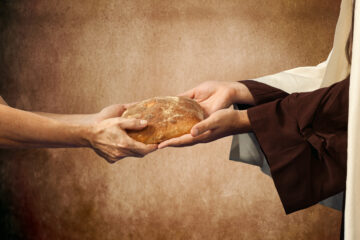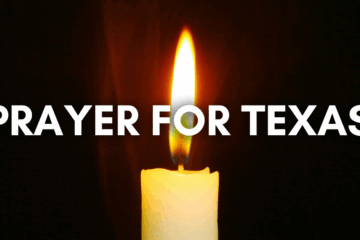Archimandrite Varnavas Lambropoulos
In 1919, in the aftermath of World War I, the cream of the intellectuals of the time (among whom were Einstein, Russell, Stefan Zweig and others) signed a manifesto [published, in French, in ‘L’Humanité’, June 6 1919] which they called ‘Declaration of the Independence of the Mind*’. Among other things, they wrote:
‘Most of the intellectuals placed their science, their art, their reason, at the service of the governments… They have worked to destroy mutual understanding and mutual love among men… Now, when, from the fierce conflict in which the nations have been gripped, the victors and the vanquished emerge equally stricken, impoverished, and at the bottom of their hearts (though they will not admit it) utterly ashamed of their crisis of folly.
…Arise! Let us free the mind from these compromises, from these unworthy alliances, from these veiled servitudes! Mind is no one’s servitor. It is we who are the servitors of mind… Our role, our duty, is to maintain a fixed point, to indicate the pole star, amid the whirlwind of passions in the night’.
[* The word used in the original is ‘l’esprit’, which is most often used in the sense of ‘mind’, but can also mean ‘spirit’.]
Nice words, but very nebulous and abstract. For a start we must ask ourselves what this strange ‘mind’ or ‘spirit’ is that we are supposed to serve. What is the ‘fixed point’ or the ‘pole star’ which illumines our night? The intellectuals who signed the declaration provide no clarification. Most likely, the only pole star they accepted was the mind and imagination of each person. Which is why, 20 years later, the world was once again plunged into the incomparably worse horror of a new war.
***
On 25 November, we celebrate the feast of Saint Katherine, a woman who wasn’t merely an intellectual, but was also very wise. Saint Katherine understood that:
There is only one Spirit who is worth serving: the Holy Spirit, who is neither ‘wind’ nor a dove. He’s a particular Person. He’s truly God.
This Holy Spirit has no need to be freed. On the contrary, he alone can free us from the bonds of delusion and enslavement to human passions.
The fruits of this Holy Spirit- and of him alone- are genuine peace, genuine joy and genuine love. Invaluable gifts of which no war, not even death itself, can deprive us.
Filled with this Spirit, then, Saint Katherine faced up to a whole empire. And, through the power of this Spirit, she managed to:
‘Stop the mouths’ of all the intellectuals who wished to pass off onto her their poor spirit of demonic wisdom, which is that if you’re intelligent you’ll find a way to enjoy the good things in life.
Convert to the faith in the One True God those who, in sincerity and without prejudice, were prepared to listen to her personal testimony.
Suffer terrible martyrdom for her faith in the true God and to proceed boldly towards death, because she had understood that eternal life is real life.
Her life and martyrdom are the most vivid Declaration of our True Independence and Real Liberty. It’s a proclamation of the only real humanity. Humanity ‘in the image and likeness of God’.
Source: pemptousia.com




0 Comments